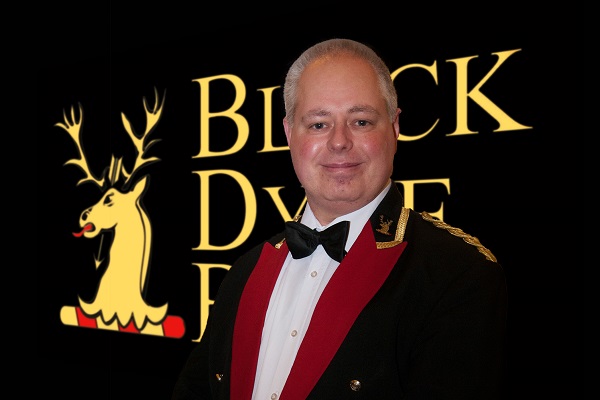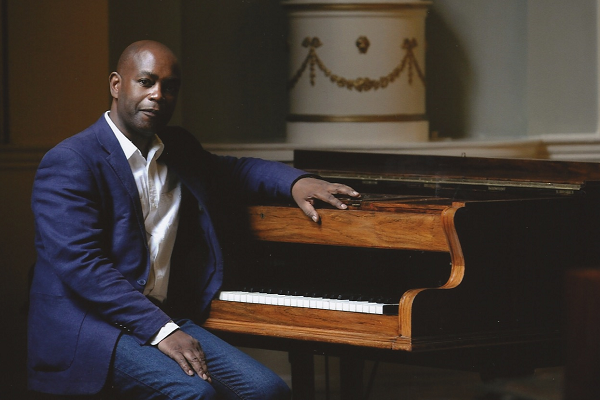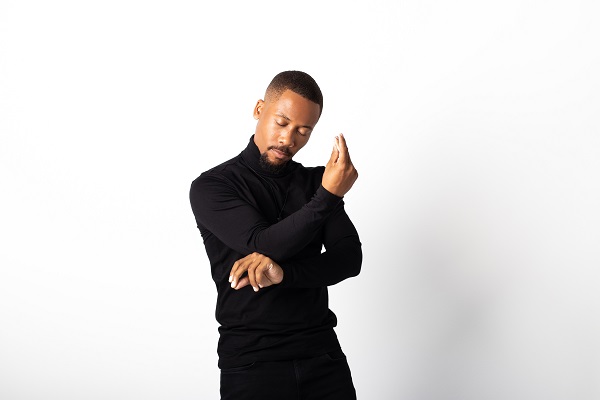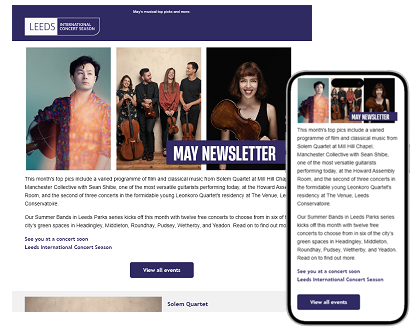
An interview with Black Dyke Band's John O'Brien
- Posted on 28 November 2023
We caught up with John O’Brien, second cornet player of Black Dyke Band, ahead of his performance at Morley Town Hall on Saturday 13 January 2024 as part of Leeds Best of Brass 2023/24.
How long have you played with Black Dyke Band and what position do you currently hold?
I am now in my 25th year with the band and in all of that time I have had the pleasure of playing second cornet.
What’s the best thing about playing in a brass band?
Playing in a band is quite unique, as well as playing a very wide range of music you get to play alongside wonderful people and have opportunities to meet other similarly minded musicians all the time.
What’s your highlight so far with Black Dyke Band?
There have been so many, but I must say, my absolute personal favourite has been our tours of Japan in 2016, 2017 and 2019.
How did you get involved with playing a brass instrument?
At primary school we didn’t really have music lessons as such, so my first real experience came at secondary school. I took instantly to music and went to ask the music teacher if I could sign up for an instrument but they had all gone by the time I got to her. I pestered her so much that she agreed to give me lessons on the recorder for half an hour a week, until someone decided that playing an instrument just wasn’t for them, so I leaped at the opportunity, it just happened that it was a brass instrument and I have never looked back.
What was your earliest musical experience?
As a baby I was briefly exposed to some Black Sabbath, apparently I screamed the place down until it stopped. As a toddler though my father told me that I would wander around the house incessantly singing the chorus to Yellow River by Christie with the words “Lellow River”! As a participant though, my first real musical experience that I remember was performing in my high school choir in our first Christmas concert, my parents were extremely proud.
Who has been your biggest influence?
Even though she died when I was fifteen, I would have to say my mother, for her positive outlook and the kindness she always showed to everyone and anyone.
Do you enjoy practising or find it a chore?
As a burgeoning musician at school I used to love practicing, though our neighbours and my younger brothers used to have a different response to the amount I used to do. If it’s done properly, it’s never a chore, it can be hard work, but it is always ultimately rewarding.
Were your parents musical?
My father wasn’t no, my mother did have piano lessons as a girl though I never heard her play. My grandfather (on my mother’s side) was a very big fan of opera, the music of Verdi and Puccini in particular and at one time he had an extensive collection of 78rpm records.
What piece of music do you most enjoy playing?
Contest Music by Wilfred Heaton is my all-time favourite piece of music for brass band.
What’s the best and worst things about performing?
The best thing about performing is seeing the joy and pleasure that you give to audience members, being able to share wonderful musical experiences with them. The worst thing about performing for me is that I do suffer from cold sores, when one decides to erupt, they make it very difficult and sometimes almost impossible to be able to play, never mind play to the ability that you are normally able, it’s the frustration and powerlessness of effectively being prevented being able to perform to your normal standard.
What can the audience expect from a performance by Black Dyke Band?
Exceptionally high standard of musicality, a wide variety of music, thoroughly enjoyable entertainment. At the end of the night, they will be wishing that they could just hit a replay button and experience the concert all over again.










